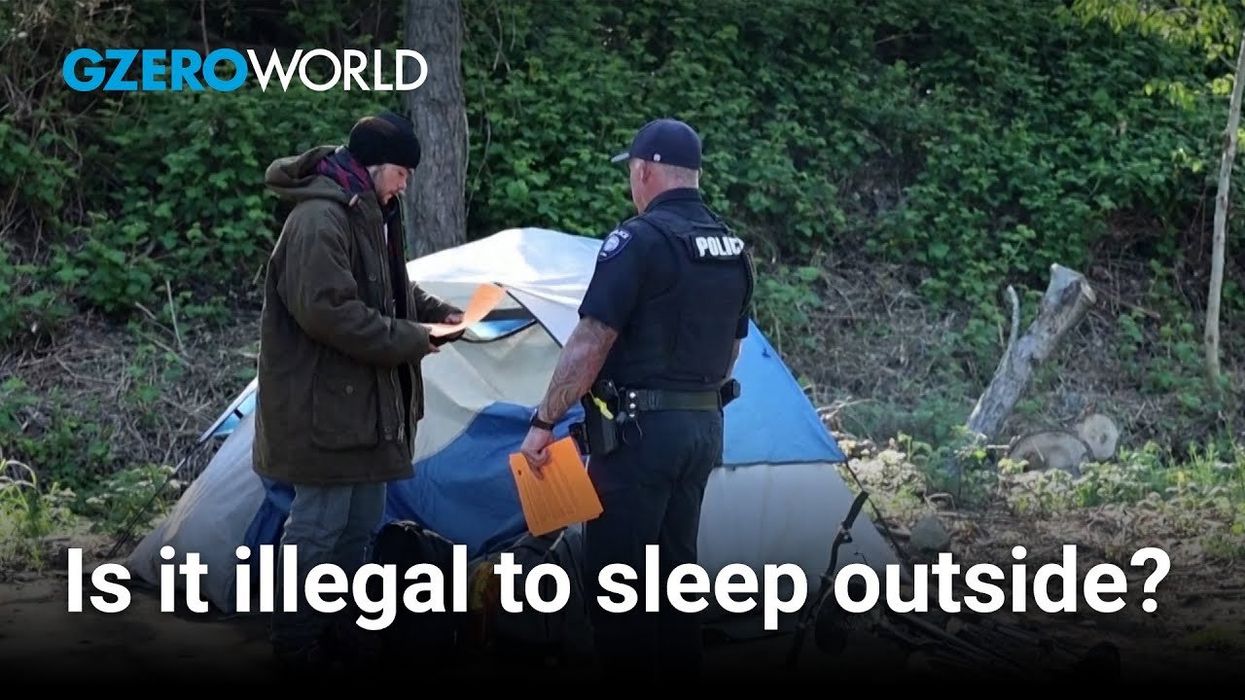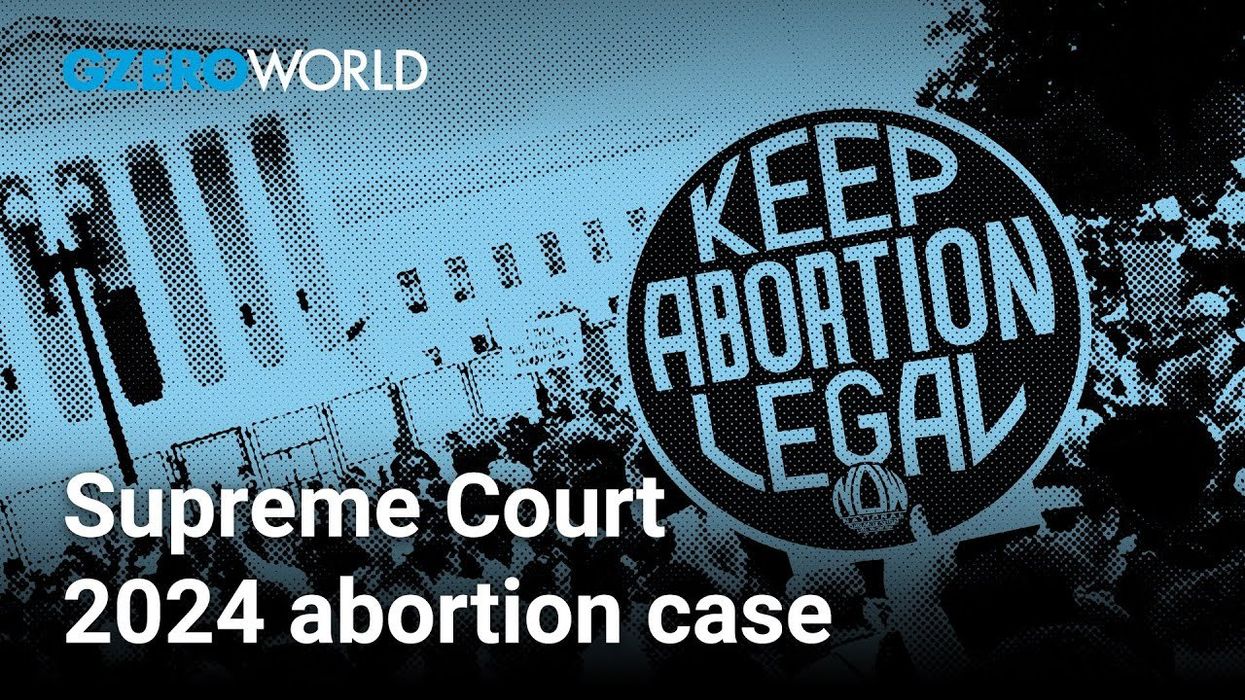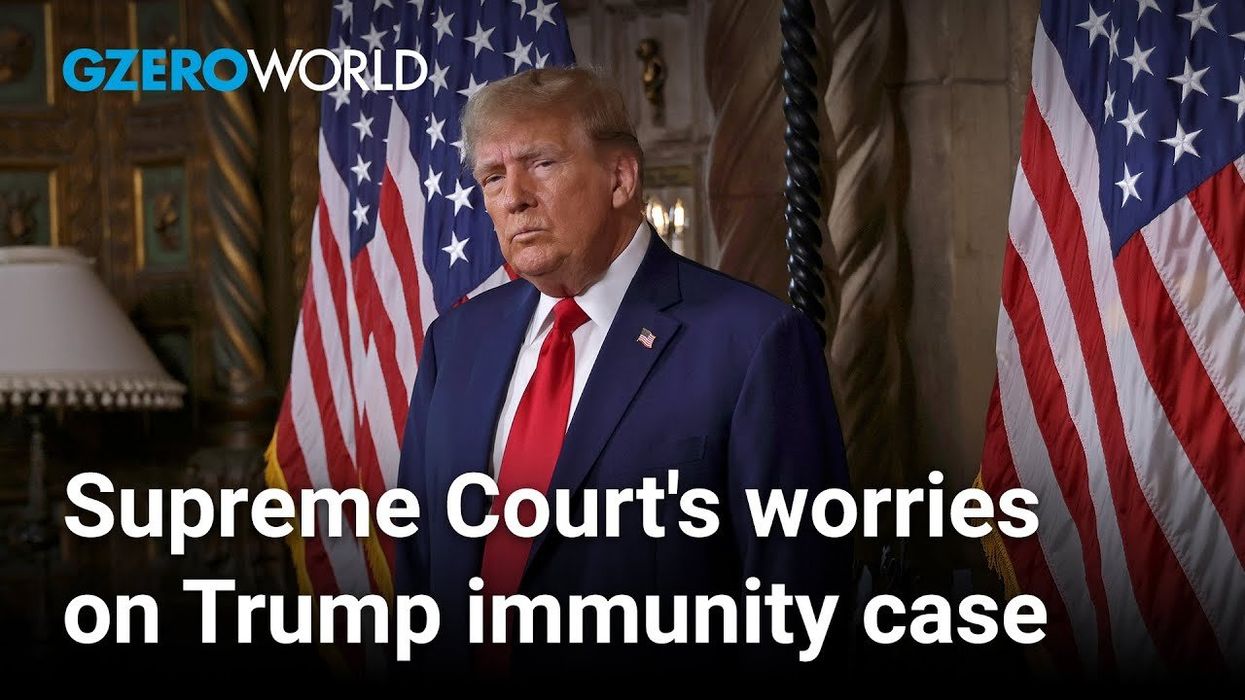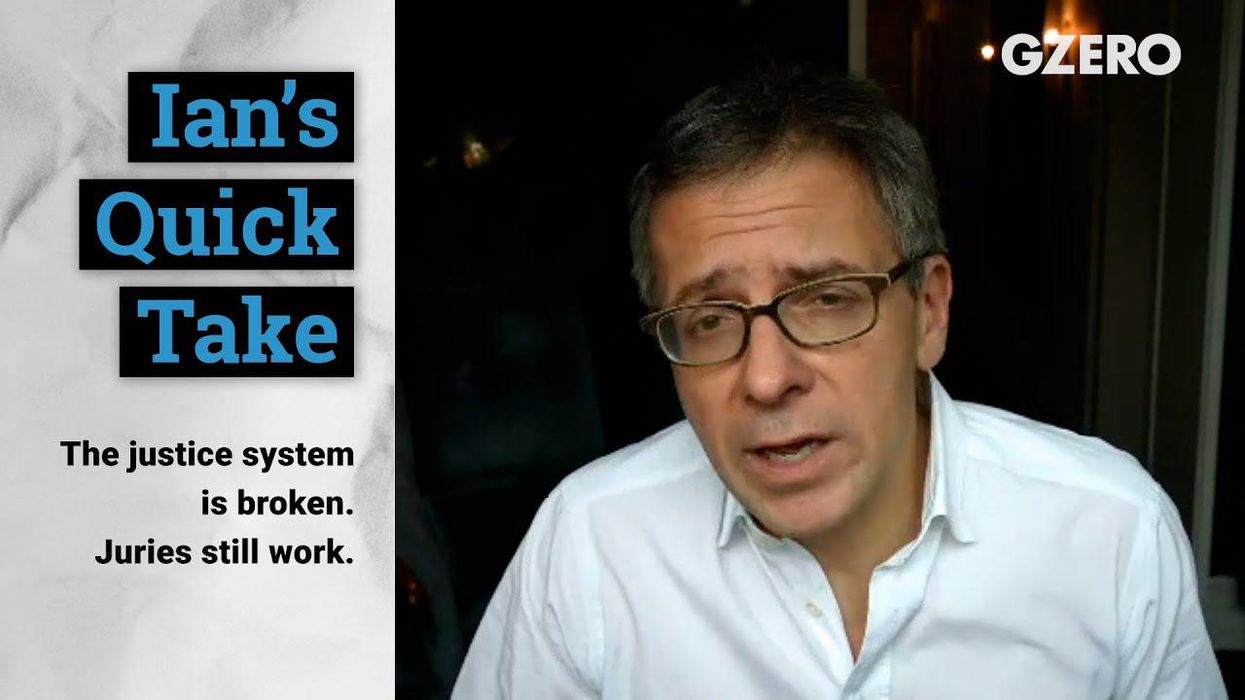What We're Watching
What We’re Watching: US’s Iran decision postponed, Court OK’s Trump’s use of the national guard in LA, Rwanda detains top opposition leader
US President Donald Trump said Thursday that he will decide whether to bomb Iran’s nuclear facilities “in the next two weeks,” a move that re-opens the door to negotiations, but also gives the US more time to position military forces for an operation.
Jun 20, 2025







